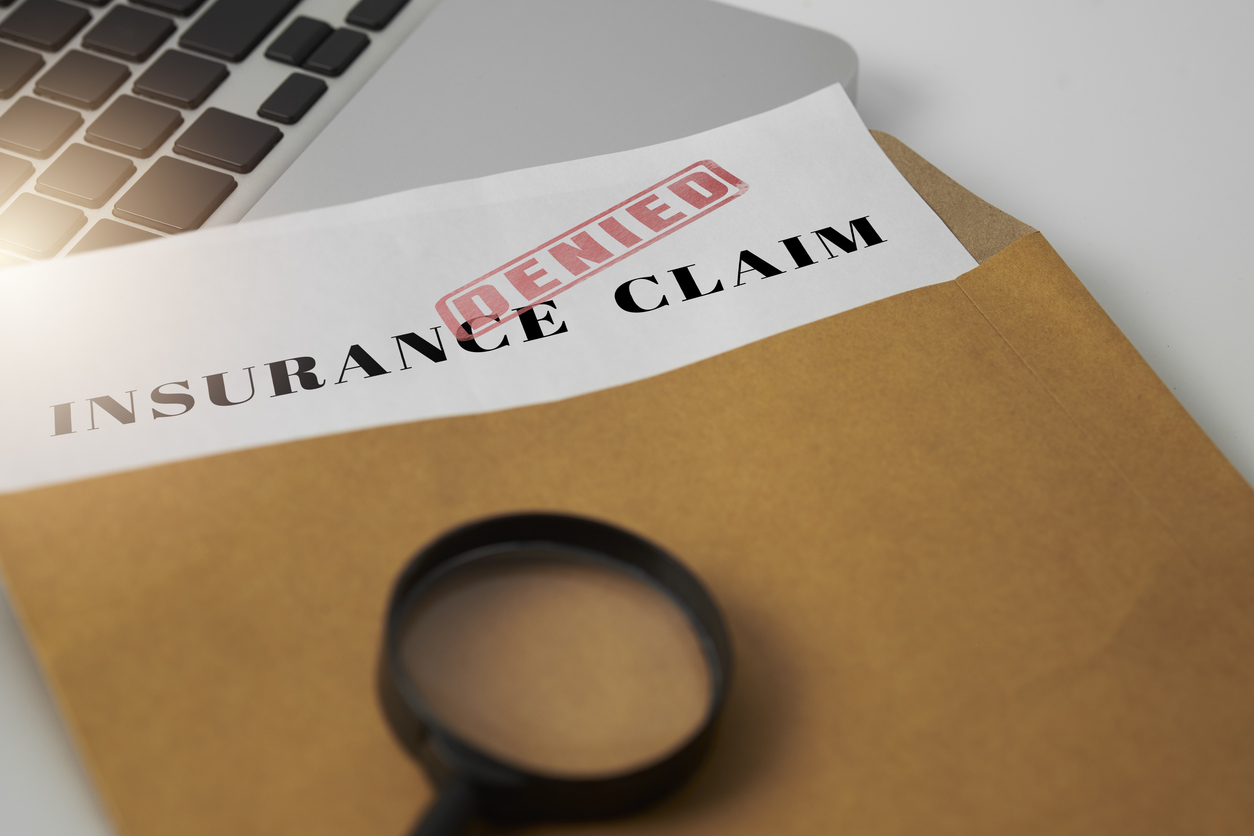Going way back to the roots of insurance, fire was the peril that insurance was designed to protect. Fire damage and smoke are incredibly damaging and cause many injuries and fatalities. While our suppression efforts have a come a long way, there is still a long way for us to go with fire insurance claims being properly paid across the board.
Now, if you intentionally set your own property on fire, you will not be indemnified for this loss. Arson or intentionally set fires by the insureds are one of the few common exclusions across the country. Fires intentionally set by others, even to commit an arson fire, are generally covered under property insurance policies,1 but a Tennessee court recently dealt with an interesting argument made by an insurance company in an attempt to avoid paying for a residential property.
Matthew Phillip’s Lake City property was not occupied at the time of the loss and the fire was intentionally set but it was not set by the named insured, Mr. Phillips. Southern Trust Insurance Company denied the claim because they said it was damage caused by vandals. Southern Trust alleged that because the property was vacant the exclusion for vandalism and malicious mischief precluded coverage for the fire loss. The policy had a common provision that when vacant malicious mischief and vandalism were not covered but the words fire and arson were not used in this exclusion.
Philips was forced to hire counsel and file a lawsuit to argue that his property was not damaged by vandalism but by fire, a covered peril that was part of his insurance protection even when the property was vacant. In his arguments, Mr. Phillips explained to the court that the policy covered loss caused by fire and arson (when the insured was not causing the arson). The portion of the policy that Southern Trust was relying upon was specific to vandalism and malicious mischief which Phillips tried to show were very different things. Phillips also reminded the court that the insurance company could have written a paragraph in the policy that said if the property is damaged by fire or smoke from vandals when the property is not occupied that the damages are excluded, but the policy did not read that way. Excluding an arson in a vacant property was essentially the argument of the carrier but without the language in the policy to support such an assertion.
To win over the court, Southern Trust said that the vandalism and mischief was the action and fire was the result. And since vandalism was clearly excluded, any intentional destruction like arson should be excluded.
The trial court agreed with the policyholder and said the insurance company was wrong because the insurance policy is to be read as a whole and not in parts. And that the policy had separated out the perils in different sections of the policy because just like the criminal code, arson and vandalism are treated as separate and distinct offenses. Southern Trust wrote the policy and if it had wanted to exclude arson when the property was vacant, it needed to specifically list that in the policy.
Southern Trust, not satisfied with this ruling, appealed the case. The appellate court ruled that the policy unambiguously provided coverage for fire and/or arson but did not cover vandalism or malicious mischief at a vacant dwelling.2 Again explaining that Southern Trust could have distinguished anything else if it wanted to exclude coverage.
Other courts have dealt with this same issue and have split into three camps. Some courts agree with ruling in Philips and think that the fire is covered under the perils insured against section. Other courts have found that vandalism and malicious mischief were ambiguous but that coverage should be given because ambiguity should have construed in favor of coverage. But some courts have found that arson was excluded when it was a fire set by a vandal; see the post, Reading is Fundamental: Court Finds Vandalism Exclusion Denies Coverage to Intentionally Set Fire.
One of the lessons learned here is to safe guard your property when it is vacant so it is not a target or a mark for any wishing to come in uninvited. Insurance company underwriters will tell you that vacant properties carry more risk, so make efforts to decrease and/or eliminate the time that a property is vacant.
1 So long as the arson was not at the direction of an insured.
2 Southern Trust Ins. Co. v. Phillips, 474 S.W. 3d 660 (Tenn. Ct. App. April 15, 2015).



